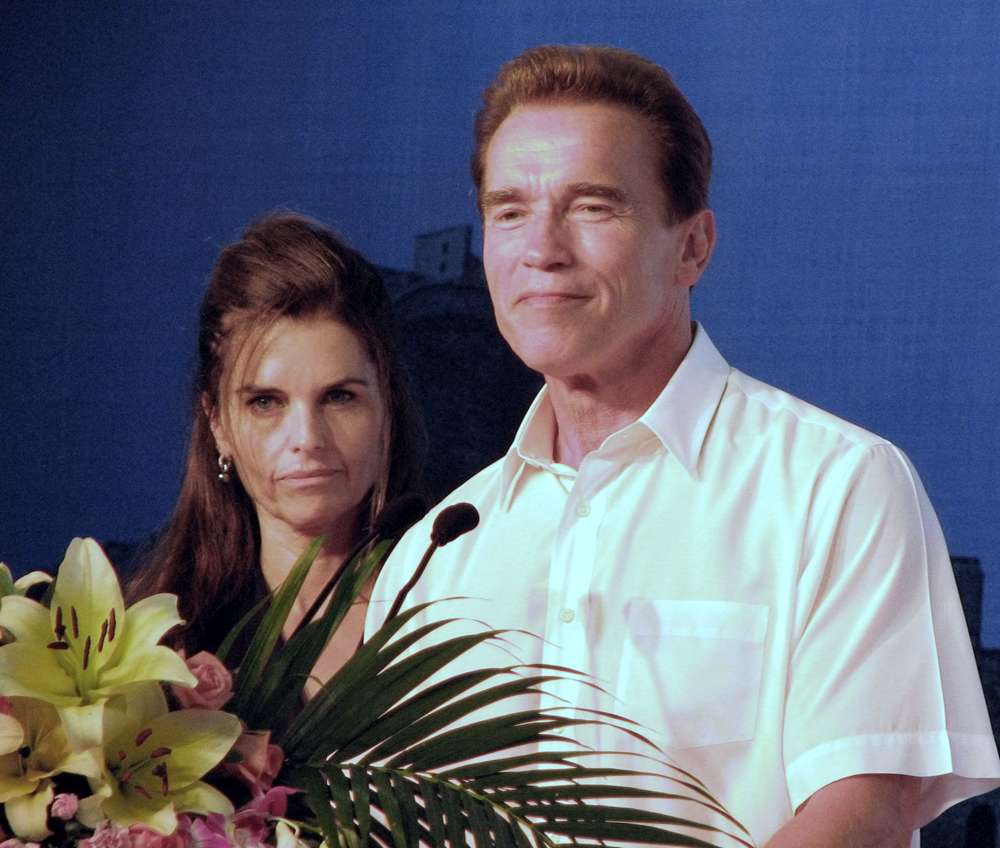
Since the 1960's, the percentage of Democrats and Republicans that would be unhappy if their children married someone from the other party has increased significantly. From about 5% saying their would be displeased in the 60's to a third of democrats and almost half of republicans today saying they would be unhappy if the marriage occurred (Standford study here). The numbers from 2008 to 2010 were the biggest leap, jumping 13 percentage points for Democrats and 22 percentages points for Republicans. What could have happened since 2008?
"Residential neighborhoods are politically homogeneous as are social media networks. I suspect this is one of the principal reasons for the significantly increased rate of same-party marriages. In 1965, a national survey of married couples showed around sixty-five percent agreement among couples. By 2010, the agreement rate was near 90 percent." Author of study Dr. Iyengar NYT
The authors of the study point to in group and out group sensibilities being the key factor in the partisan divide. Since the lifestyles and interests of the two political parties are also different, we may be more willing to believe exaggerated stereotypes of the other side, when in reality we are focusing on the outliers in ideology.
This Pew Research study shows that 27% of Democrats and 36% of Republicans believe the other parties policies are "so misguided that the threatened the well-being of the nation.
In an illuminating TedTalk, Jonathan Haidt, social psychologist and Professor of Ethical Leadership at New York University’s Stern School of Business, discusses the the moral roots of conservatism and liberalism. He concludes that liberals use a two and sometimes three channel morality system whereas conservatives use all six channels. The six are Care/harm, Fairness/cheating, Liberty/oppression, Loyalty/betrayal, Authority/subversion, and Sanctity/degradation. He concludes that a well functioning society needs to run on all six to function properly.
Dr. Haidt says that the lack of conservative ideas in academia are a contributing factor to the lack of understanding in politics.
Now it seems the ideological divide gives us different views of history, economics, and causes us to believe different "facts." Dr. Haidt also finds conservatives care more about their communities and nations, where liberals care more about the world in general. There is even findings about differences in personality.
"A 20-year longitudinal study by Jack and Jeanne Block showed that those who grew up to be liberals were originally assessed by their preschool teachers as more emotionally expressive, gregarious, and impulsive when compared to those who became conservatives, who were considered more inhibited, uncertain, and controlled."
Hopefully we can find some common ground to soften our partisan differences. We should all start with the premise that the person on the other side has good reasons for believing the things they do, and we need to recognize civil debate is a much better avenue for discussion and learning than yelling over one another (or discouraging marraige).
